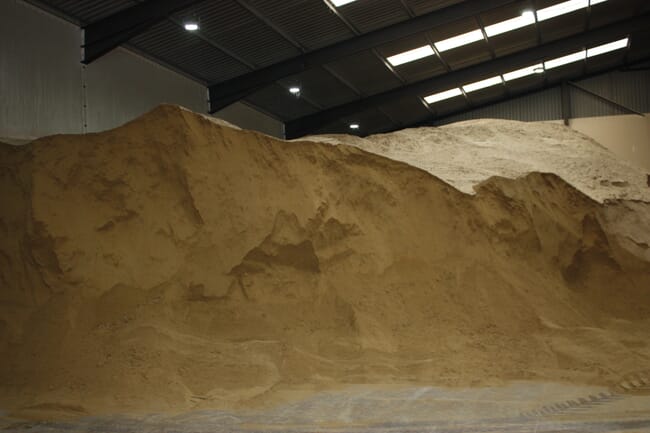Jointly funded by the Global Aquaculture Alliance (GAA) and IFFO, the Marine Ingredients Organisation, the project lead Duncan Leadbitter, of Fish Matter Pty, has produced a series of draft internal reports for the two funding bodies with the aim to have a public report ready by the end of the year. The initial six months of data gathering have used both publicly available information and in-country sources, such as the Thai Fish Meal Association and a Vietnamese consulting company, Kim Delta.
“The fishmeal and fish oil sector has had a long history of seeking to ensure that the fish used for reduction are from responsible sources,” says Duncan Leadbitter, of Fish Matter. “The responsible sourcing programme is well developed and has been extended to facilitate the development of Fishery Improvement Projects. The fisheries in tropical Asia are quite different from those that supply fishmeal in other parts of the world and this has required some new approaches which are in development. We want to see industry’s leadership role expanded to help ensure that fisheries are responsibly managed wherever in the world they occur.”

South East Asia is a major source of fishmeal used in aquafeeds but the region’s reduction fisheries fleets have been criticised in recent years for overfishing. This collaboration between IFFO and GAA aims to build more contacts in the region and provide a detailed overview of raw materials in Thailand and Vietnam to identify any issues and ensure a pathway for responsible supply, based on seeking improvements in management.
“As a global organisation with members in South East Asia, IFFO has a responsibility to ensure that the industry continues to move forward in creating a wholly sustainable supply chain,” says IFFO’s Neil Auchterlonie. “We also hope that this project expands our already growing network while also increasing membership in this region.”
“Fishmeal and oil are globally traded commodities and global standards have a key role in driving the demand for products from responsibly managed fisheries,” adds Melanie Siggs of GAA. “Aquaculture feed is driving an industry that now produces the bulk of global seafood and, where farming is dependent on wild sources of fish for fishmeal and oil, the industry has a responsibility to ensure that supplies are managed for long term production.”


